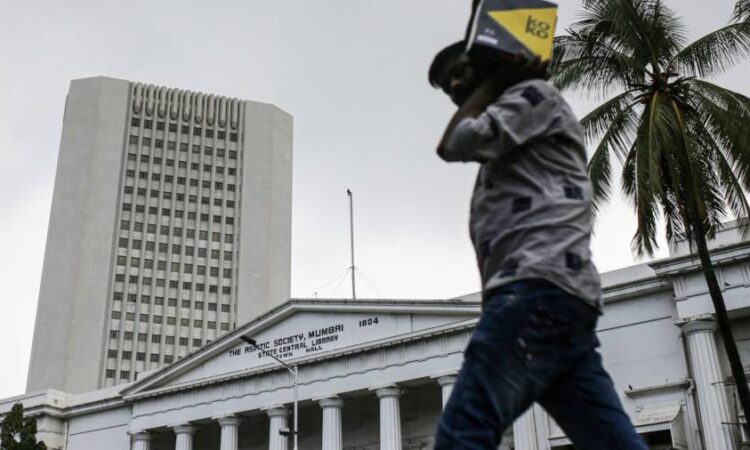
EU banks have warned they will be forced to leave India’s capital markets unless regulators can settle a dispute over traders’ access to the country’s booming securities and derivatives markets.
Industry figures are becoming increasingly concerned that the stand-off between EU and Indian regulators will not be resolved ahead of an April 30 deadline, leaving EU lenders little choice but to exit from trading in the country over the coming months, until they can find a workaround that would probably shrink their businesses.
The dispute originated with an announcement by the European Securities and Markets Authority (Esma) last October that it would no longer legally recognise India’s six main clearing houses (CCPs) because, it said, its existing accord with local authorities was inadequate. A clearing house stands between two parties in a trade, insulating the market from contagion if there is a default.
Esma said it would defer withdrawing legal recognition for six months to resolve the impasse.
Trade bodies wrote to EU officials last week pressing them for urgent action.
India’s stock and government bond markets are valued at about $3tn and $1tn respectively, and its derivatives market is among the most active in the world, making the three markets lucrative for western lenders.

The EU lenders’ potential departure from Indian capital markets hinges on a system the bloc uses to manage cross-border activity with other countries. The system, known as equivalence, relies on Brussels judging another country’s regulation and supervision to be as good as its own.
Bankers and trade bodies said that last year Esma began pushing Indian regulators to sign a revised deal that would give the Paris-based agency more direct oversight of six Indian clearing houses that EU banks use to process market transactions in India.
The Reserve Bank of India (RBI), India’s central bank, balked at the new agreement, which would have replaced a deal from 2017, according to an India-based banker at a European lender familiar with the negotiations. “That was [Indian regulators’] sticking point for all of last year,” he said.
International policymakers are largely sanguine about the clash, with one telling the Financial Times that “the build-up of risk in CCPs is so large and the benefits of co-operation so evident that it’s hard to see any country taking a sustained approach of non-cooperation or limited co-operation”.
“It will be a huge surprise if this doesn’t get sorted,” he added.
However, banks and other financial market participants are becoming increasingly frustrated. In their letter, the trade bodies — including the European Banking Federation, Global Financial Markets Association, the International Swaps and Derivatives Association and the Asia Securities Industry & Financial Markets Association — warned that without a breakthrough, EU banks “would need to drastically reduce their activities, reject clients’ trades or potentially exit the Indian financial market”.
Banks are particularly worried about access to derivatives clearing, as it would take time and planning to unwind thousands of open contracts. The industry groups estimated that EU, UK and Swiss financial institutions accounted for more than 60 per cent of derivatives cleared on CCIL, India’s largest clearing house.
“We are at the moment where banks have to make a decision as to the future of their clearing activities in India, and they will have to make it within the next few weeks,” said the Asia head of one industry body behind the letter.
“European banks may actually have to leave Indian markets for a while,” said the head of another trade body. “With every day, a deal seems less and less likely.”
The banker said that European lenders, including Deutsche Bank, BNP Paribas, Société Générale and Crédit Agricole, had spent much of January seeking alternative means of accessing markets — whether by establishing a local subsidiary or relying on local financial institutions that still had access to Indian clearing houses.
The trade bodies declined to comment further apart from saying that neither of these options would be feasible before the April 30 deadline. The India-based banker said that EU lenders were lobbying Esma this month to push back the deadline to avoid being forced out.
“Given that these discussions haven’t really gone in a positive way so far, we are not hopeful at all that the MOU [memorandum of understanding] can be signed before May 1,” he said. “What we’re asking for is a two-year timeframe in which Esma and the RBI can come up with a solution . . . or the banks can figure out a plan B.”
A person familiar with the banks’ operations in India said that while the banks would still be able to operate in areas besides capital markets, he “would be surprised if there is no impact [on these businesses] because you can’t just isolate your capital markets activities from the rest of the bank”.
The banks and Esma declined to comment.
Additional reporting Philip Stafford in London





